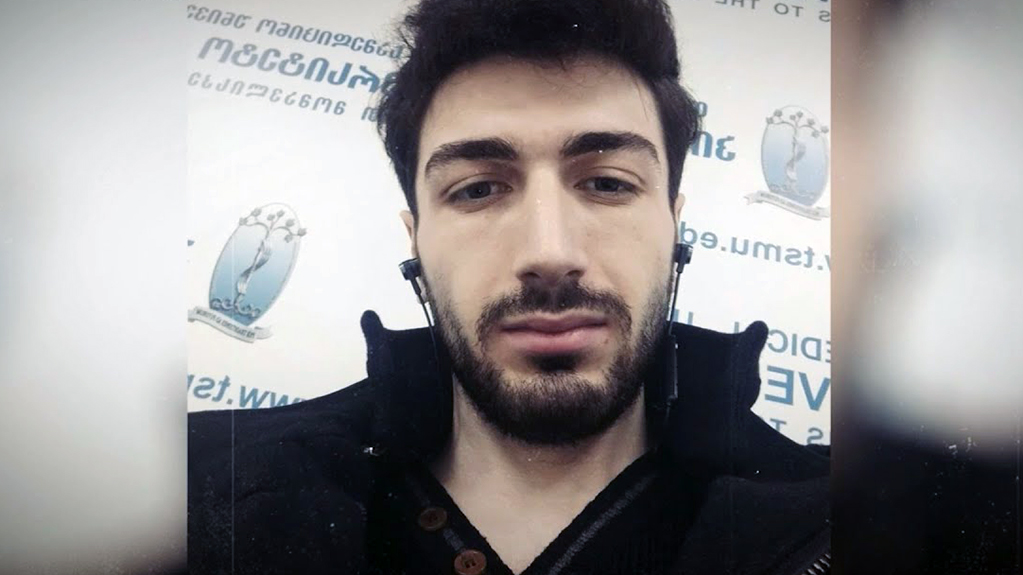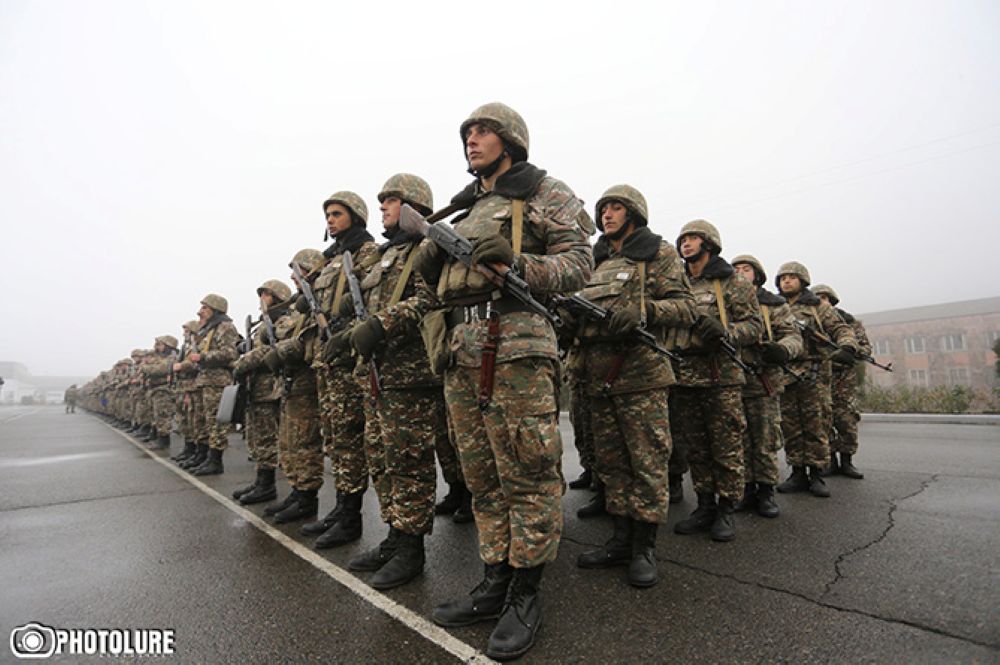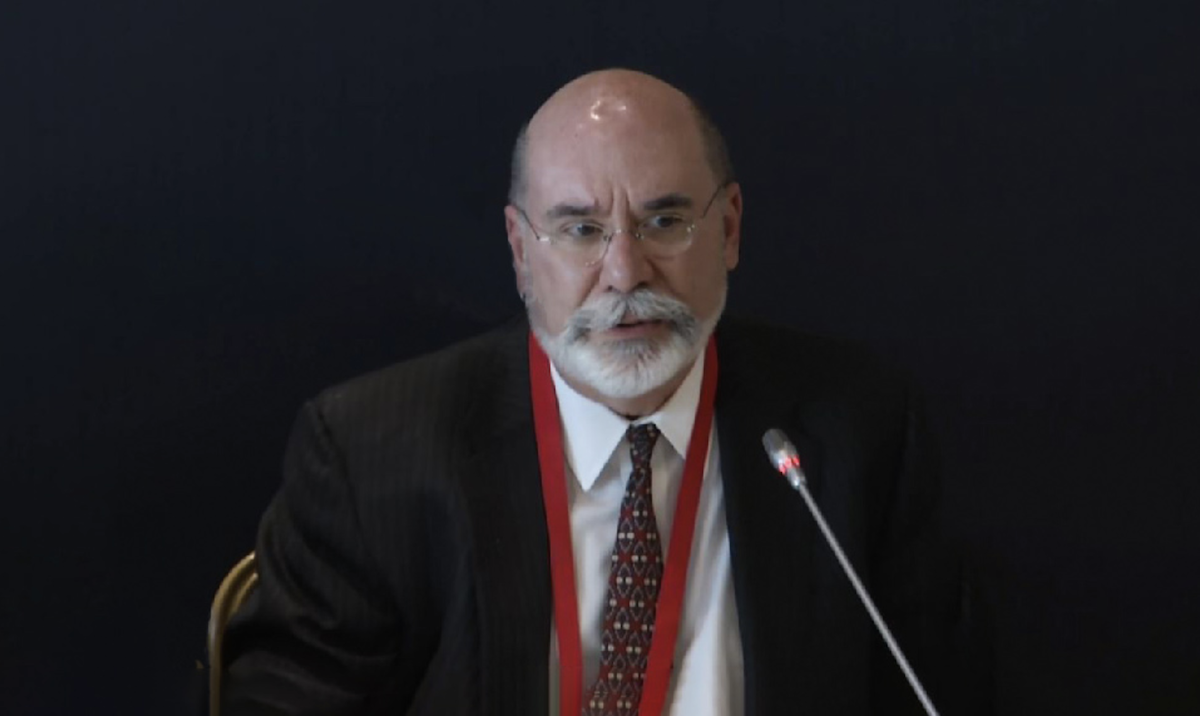Speculations of homophobia
Referendum
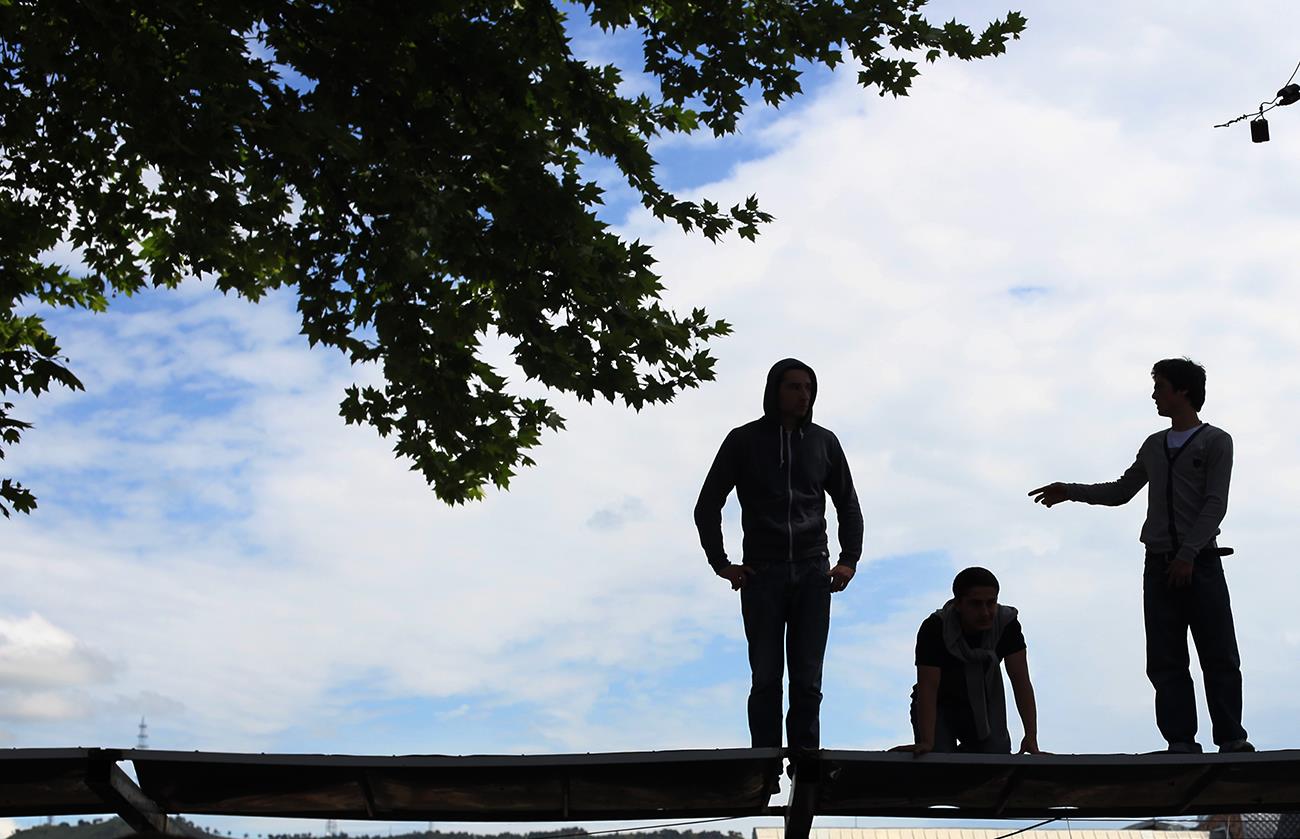
The Central Election Commission of Georgia (CEC) has recently complied with the initiative group’s desires, suggesting a referendum on the possible legalization of same-sex marriage in the country.
The question that Georgian citizens are being posed is causing a sensation: ‘Would you like the rights of civil marriage to be extended to the same-sex couples in Georgia or not?
However, registration with the CEC means nothing; for a referendum to be held, the activists need to collect 200,000 signatures and submit them to the CEC. After counting the votes, the Commission will forward the document to the country’s president, who will decide whether or not to hold the referendum. It’s clear to everyone that they will not be able to collect this many signatures.
Giorgi Tatishvili, a Georgian national positioning himself as an advocate of LGBT rights, appealed to the Constitutional Court, demanding the recognition of a gay person’s right to marry. Following this, an initiative group was formed and it demanded for a referendum to be held. According to Zurab Toloraia, one of the initiators of the referendum, the goal is to close this theme once and for all.
‘We would like to put an end to discussions surrounding this issue. We claim that Georgia is a democratic country, now, don’t we? Then, the society should decide for itself how acceptable these forms of relationships are for it, Toloraia explained to reporters.
However, the representatives of the LGBT community and the organizations defending their rights speak of profiteering.
‘A swindler, who is linked to the Russian special services,’ that’s how Baia Pataraia, a human rights activist, characterized Giorgi Tatishvili.
‘Everything is done to ensure that the Georgian population makes the ‘right’ choice between the ‘corrupt West’ and Russia, which holds a similar belief,’ Pataraia believes.
Constitutional Changes
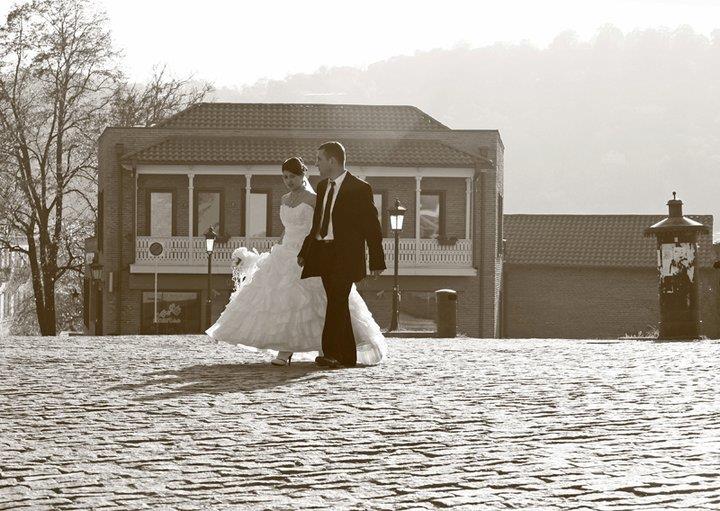
This campaign has coincided with the government’s appeal for new constitutional amendments, which are of great importance and concern to the LGBT community. The introduction of constitutional amendments has been suggested, in which it is indicated who exactly is entitled to get married.
‘Protection of such an important value as marriage should be guaranteed with the country’s Constitution, said Georgian Premier, Giorgi Kvirikashvili.
It has been suggested that Paragraph 1, Article 36 of the Constitution of Georgia should have the wording as follows: “A marriage, which is a voluntary union of a woman and a man for the purpose of forming a family, shall be based on the equality of rights for the married partners.
The present version of this paragraph does not provide for any indication of the potential partners’ sex, which, as the initiators of the reforms claim, gives grounds for a liberal interpretation of this article.
However, Georgia’s Civil Code specifies that marriage is ‘a voluntary union of a woman and a man’ and bans a marriage between the same sex individuals.
Sex and elections
Ramaz Sakvarelidze, a political analyst, believes that all recent talks about the LGBT community are directly related to the election campaign.
‘Various phobias with regard to Europe are cultivated in the society. For example: if the authorities are too pliable, Europe can strangle our market and our products will completely disappear from it. The society also fears that Europe will limit the influence of the Orthodox Church. Legalization of same-sex marriage is also on the list of fears. All these phobias are nothing but a product of the propaganda machine,’ says Sakvarelidze.
The upcoming parliamentary elections, scheduled for October this year, are being hotly discussed in Georgia. The ruling party is on the verge of collapse and the ‘gender’ issue may turn out to be if not only a desperate attempt to consolidate their efforts, then, at least, one of the few issues on which there is a consensus in the coalition. The question on the preservation of traditional values is still popular with the electorate.
Politics and discrimination
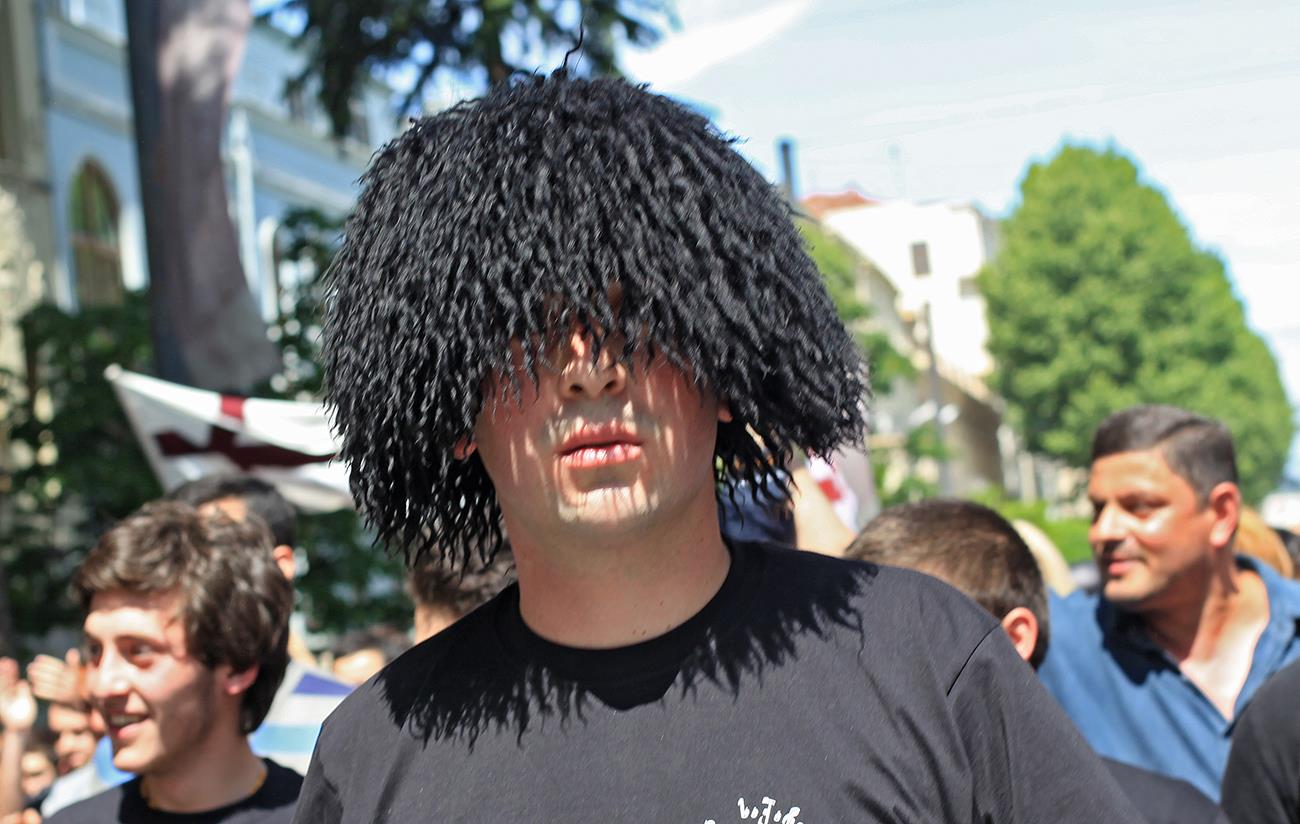
The non-governmental organizations, dealing with LGBT related issues, have already made several statements, calling for the stop of political speculation surrounding this theme. Such a reform of the Constitution contradicts the ideas of freedom and equality and leads to the further marginalization and discrimination of the LGBT, reads a statement signed by a number of influential organizations working in this field: ‘Identoba’, ‘LGBT-Georgia’ etc.
They also provide the statistics, according to which the majority of the European countries have a liberal attitude towards same-sex marriages. In comparison, the number of countries that introduce restrictions on same-sex marriage is small. There are only 14 such countries in Europe, among them Azerbaijan, Ukraine, Armenia. It’s possible that Georgia may soon join them, too.
It is very difficult to estimate the number of people who consider themselves member of LGBT in Georgia. Even the human rights activists use the approximate statistics. The main reason is that the vast majority of LGBT people conceal their affiliation to this community for safety reasons.
to this community for safety reasons.
According to the Women’s Initiatives Supporting Group (WISG) survey, the overwhelming majority of representatives of the LGBT community do not trust the police, and, consequently, do not turn to them for help when they need it. Even when in the case of beatings, only 30% of LGBT victims have turned to the police.
What discrimination of the LGBT in Georgia means
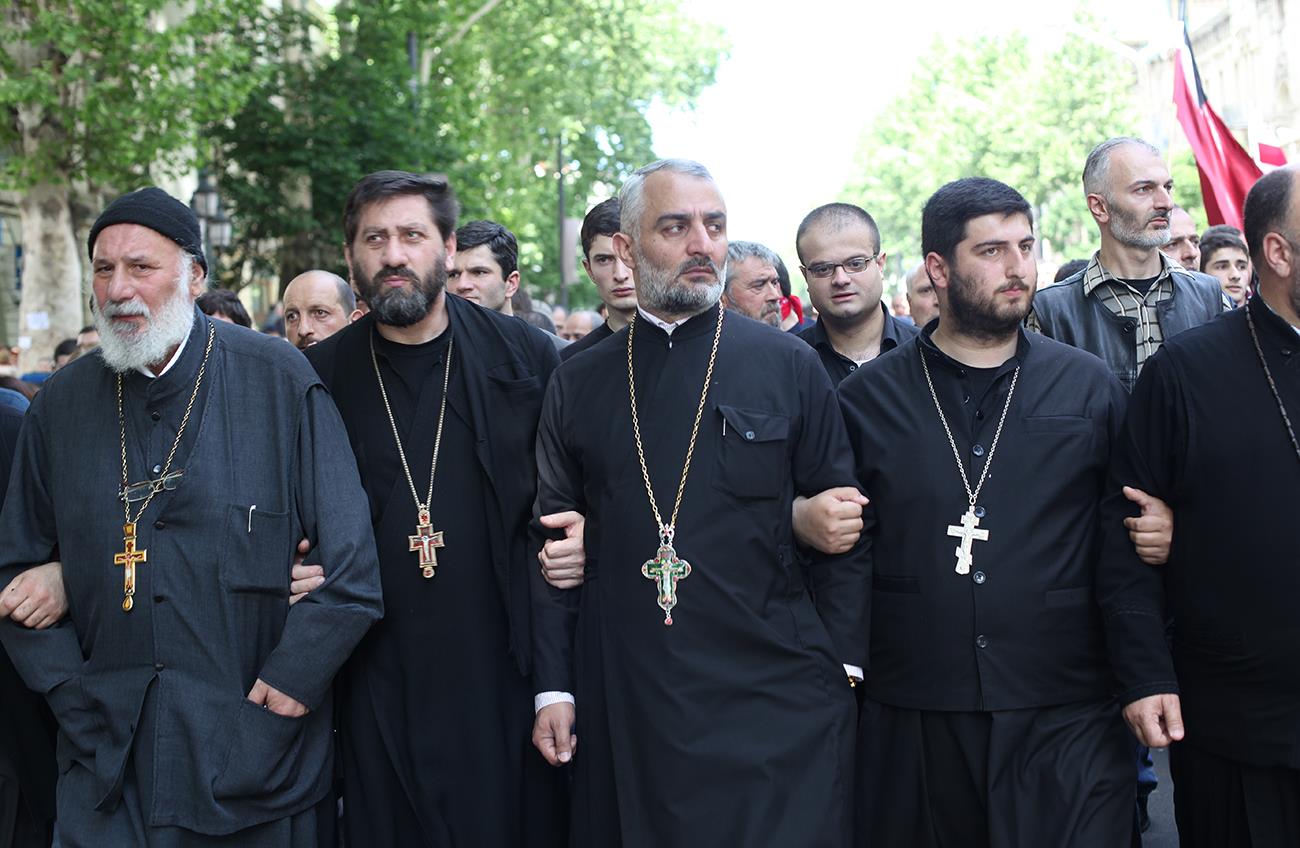
‘One third of the surveyed individuals admit they have had at least one instance of physical violence against them which was directly related to their sexual orientation, the WISG survey reads.
This document provides the rate of those who regularly experience psychological pressure, which is also caused by the ‘wrong’ orientation–83%.
The most recent act of agression against LGBT was a quarrel in 2013. People in Tbilisi responded to a small demonstration dedicated to the International Day Against Homophobia, during which the church organized a counterrally.
The majority of rally participants were from the congregate of Tbilisi churches, led by the clergymen. These rallies resulted in unprecedented cruelty: the so-called ‘gays’ were chased not only by the congregate, but also by the clergy, many of whom were casting stones and using metal bars and other objects they found on their way.
The stool that one of the clergymen wielded has become kind of a symbol of May 17, 2013 rally. The number of casualties totaled 17; police arrested only a few rally participants who got off with mere fines.
Published: 25.04.2016
















